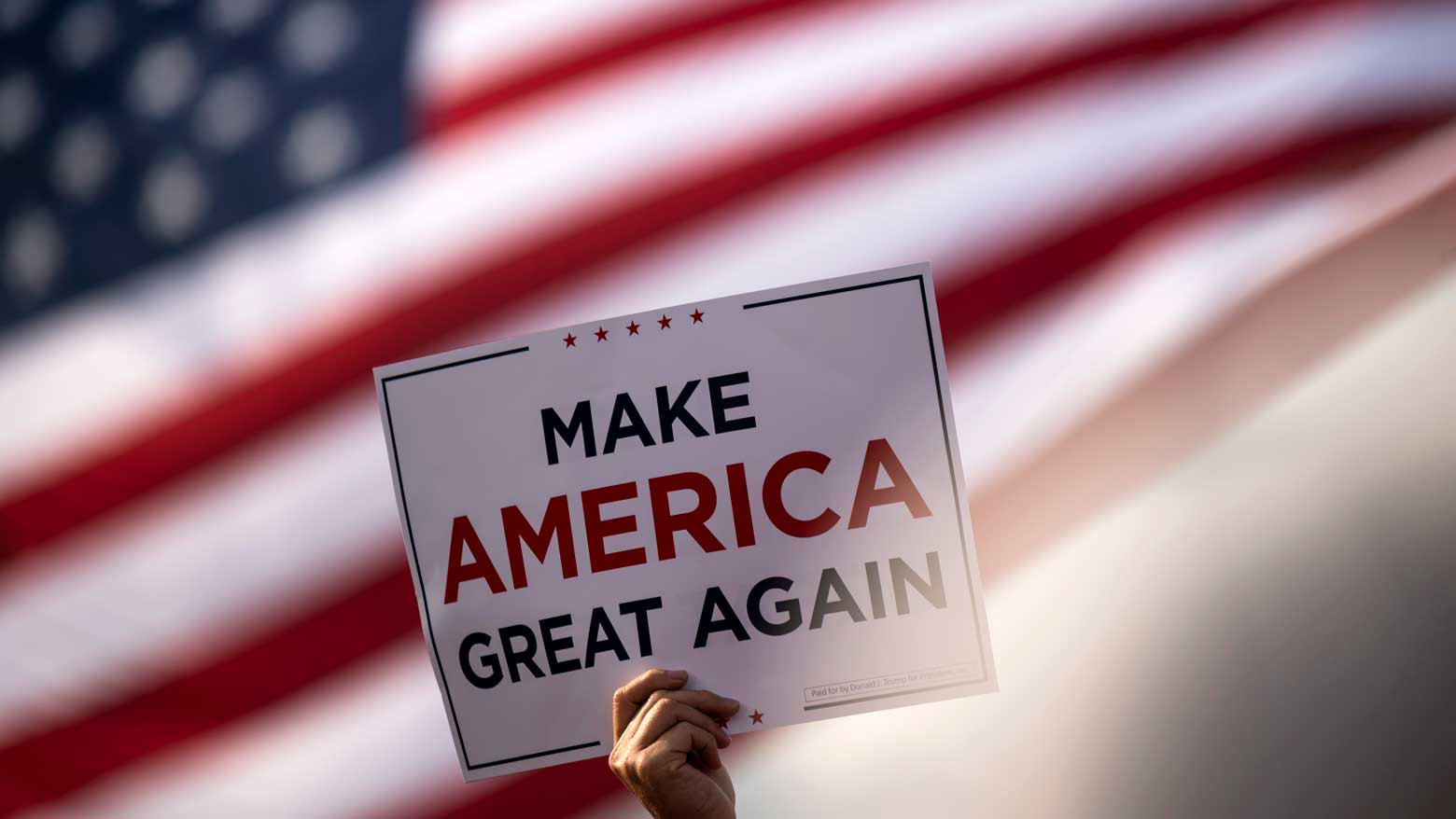One of Trump's first acts as president was to pull the US from the Trans-Pacific Partnership free-trade pact. He described the deal as "a potential disaster" for American workers.
The TPP was agreed under the Obama administration and was supposed to be a 12-nation free-trade agreement that included Japan, Australia and several southeast Asian countries.
Trump also pressured China and allied countries to review their trade policies. Washington and Beijing began a trade war by repeatedly hiking tariffs on each other's products.
Expert assessment
Watanabe Yorizumi, a professor at Kansai University of International Studies, is an expert on trade deals. "A more power-oriented approach has been taken by the Trump administration, [creating] enormous pressures." he says. "Those pressures have been quite inconsistent with America's WTO obligations, so I think the rule-based international trading system has been very much undermined during the four years of his administration."
Trump would keep stance
Watanabe says Trump's trade policies have damaged the American manufacturing industry. As supply chains have become more globalized, US automakers import more parts made in China. The higher tariffs led to higher costs for manufacturers, and in some cases drove production abroad.
When the European Union hiked tariffs on US-made motorcycles, it took just days for iconic maker Harley-Davidson to announce it was moving some of its production out of the country.
Watanabe says if Trump is re-elected, he may find himself under pressure from US industries who are suffering from supply chain disruptions, and he may, eventually, be forced to adjust his positions.
Biden also tough on China?
Watanabe says a Biden administration would also take a tough line on China. The Democratic Party attaches importance to human rights issues in Hong Kong, the Xinjiang Uygur Autonomous Region and the Tibet Autonomous Region, as well as security issues. And the Democrats have traditionally had protectionist leanings.
But the professor also says Biden would respect international frameworks such as the WTO, and ties with traditional allies such as Japan and the European Union, so while Biden won't be able to transform US trade policy quickly, Watanabe says he would eventually steer the country in a new direction.
Japan can play an important role
Watanabe believes Japan should try to act as a bridge between the US and China to promote free trade. He points out that Tokyo played a major role in putting together the pact that replaced the TPP, and has been able to strike bilateral trade agreements with the US.
"Japan is quite prepared to play that kind of intermediary role between the US and China," he says. "Democrats have not yet established their policy on the TPP. So we will see. But the TPP could be a very interesting sort of juncture where China meets the US."


